Drivers, city crews cope with bumpy manhole covers, utility covers in Colorado Springs
COLORADO SPRINGS, Colo. (KRDO) -- Some drivers say that they're noticing something unexpected on some newly-paved streets in town.
They're loud and bumpy.
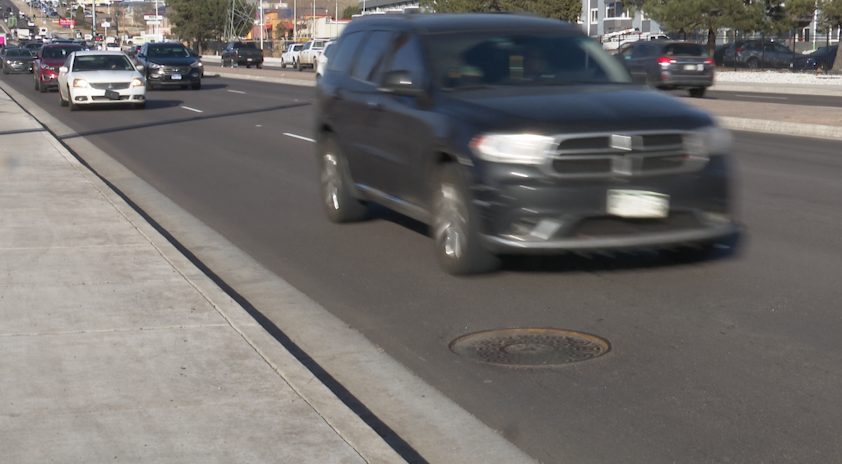
KRDO 13's The Road Warrior has learned that the the situation is caused by manhole covers that are lower that the surrounding asphalt pavement -- sounding and feeling like a pothole when you drive over them.
In fact, the constant impact from tires can crack the pavement around the manhole covers and led to actual potholes developing there.
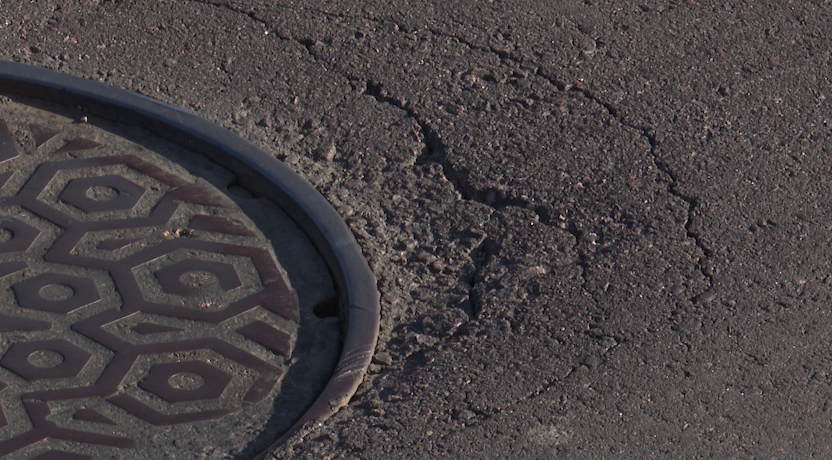
The situation is particularly noticeable on stretches of North Academy and South Academy boulevards that were repaved this summer.
John Whelan is one of several drivers who contacted The Road Warrior about the problem.
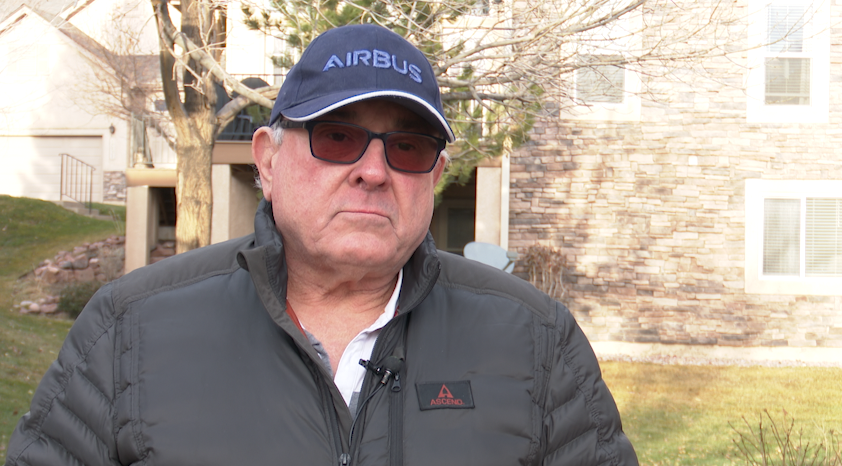
"It's too bad the manhole covers are too low," he said. "Basically, to me, that's a man-made pothole. But there are some options. Maybe just a filler in there, of some sort. Rubber filler made out of recycled tires, or something that's used that will fit in there, that will stay."
Corey Farkas, the city's manager of operations and maintenance for public works, said that he is aware of the problem but crews face several challenges when addressing them -- among them, that the city hires private contractors to conduct paving under the 2C expanded paving program funded by a voter-approved sales tax increase.
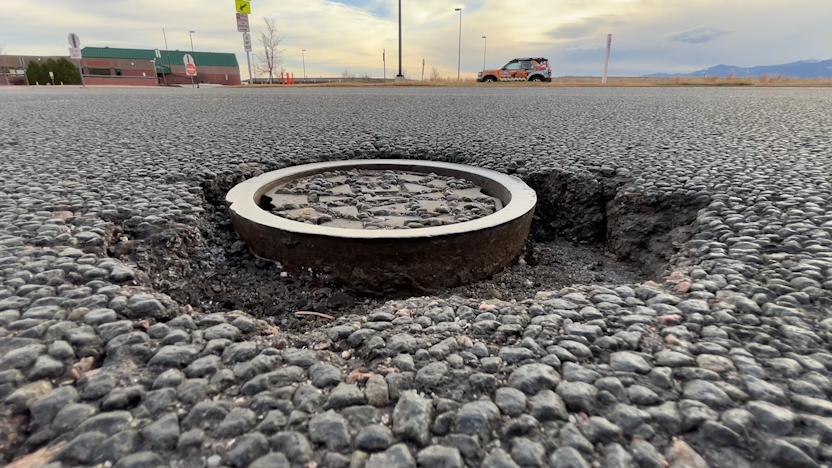
One strategy, he said, is to pave over the covers, cut off the asphalt around them and patch the areas.
"But that creates a potential failure point, he explained. "You'd get potholes that (eventually) would break apart next to these manholes."
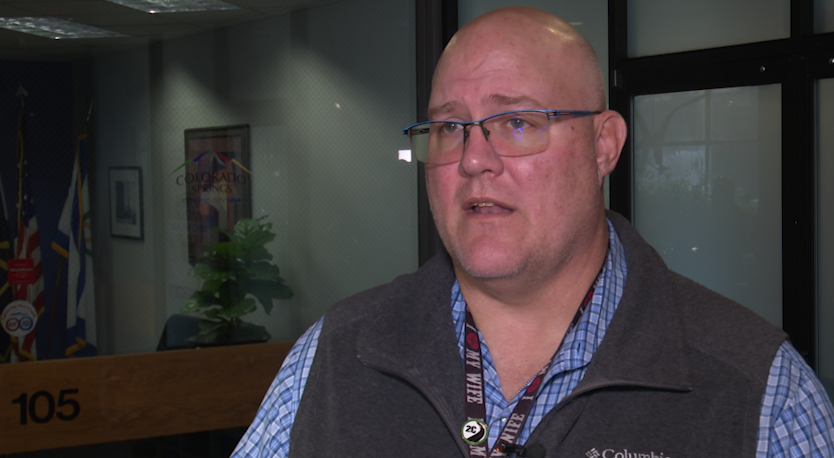
Farkas said that a few years ago, the city gave contractors the option to use collars -- metal or concrete rings -- to raise manhole covers to match the pavement level during the paving process.
"Which gave us a seamless top mat -- and in our opinion, a better product," he said. "But we can't require contractors to do it one way. If we start to dictate means and methods to a contractor, that can raise our prices. So, we have to be careful about that."
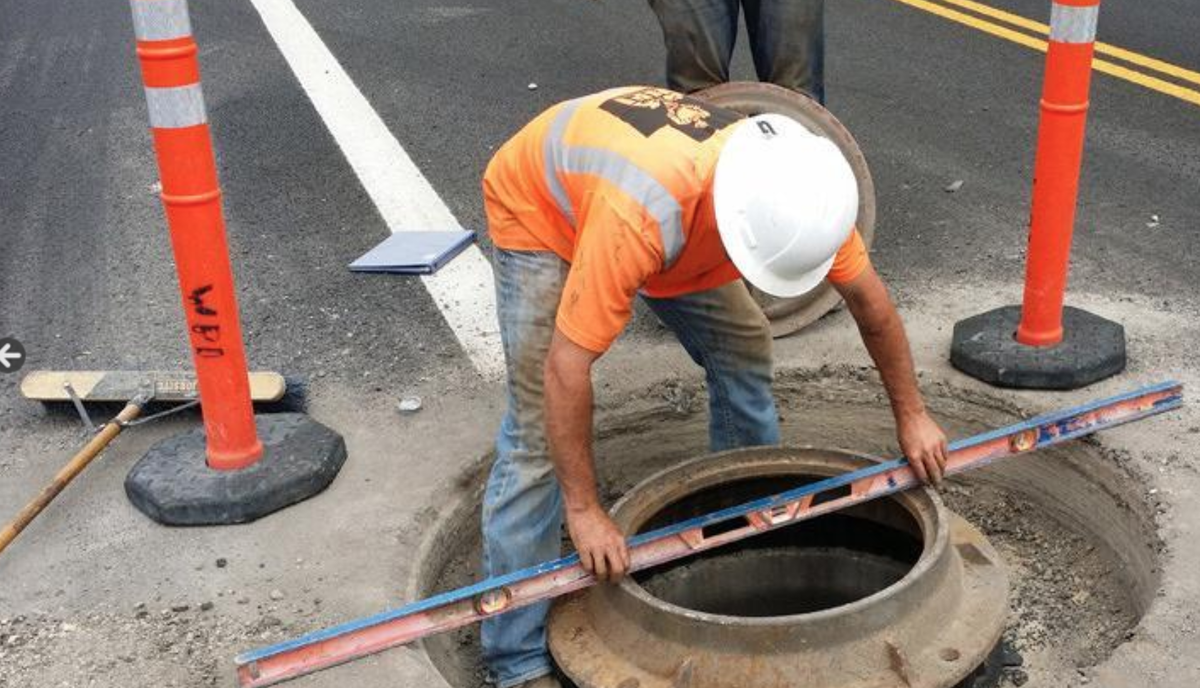
Farkas also said that the city prefers contractors to raise covers to within a quarter-inch of the pavement level instead of the previous level of a half-inch, to reduce the area around covers that needs to be filled.
He revealed that while crews can improve manhole covers providing access to storm sewers and Colorado Springs Utilities equipment, they can do nothing with communications manhole covers.
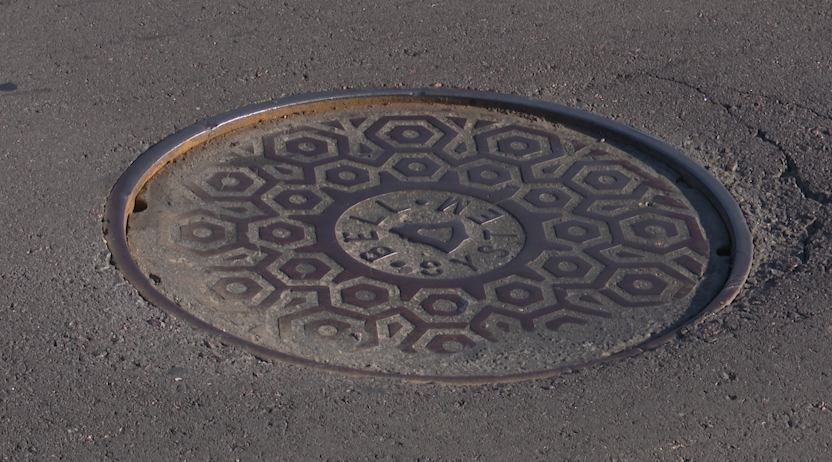
"Those vaults are in a stationary position," Farkas said. "We can't raise those, but we send our crews out to try and mitigate the asphalt around them so that it's not such an abrupt bump in the road. We are working on that."
Whelan said that has a better understanding of the situation after learning of the challenges involved.
"I just don't want to see my tax money wasted," he said. "I expect better on a street that was just repaved."
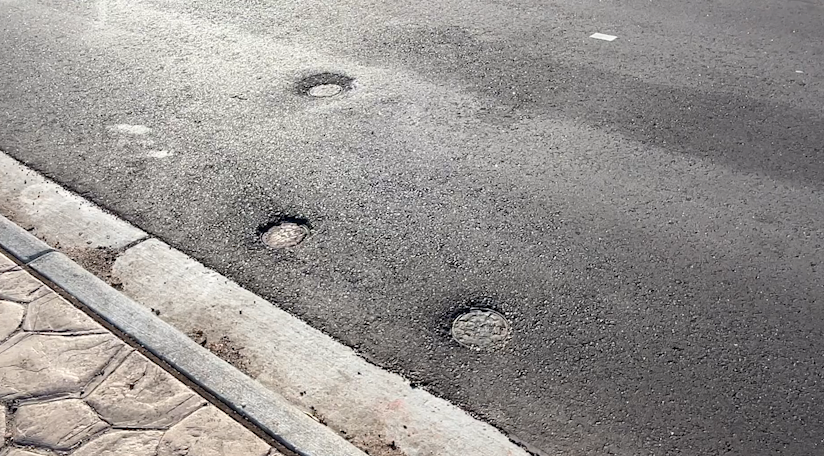
Paving also improves the asphalt around smaller utility valve covers; in some cases, they can be exposed higher on a street and damage tires, but they're easier to match with new asphalt.



